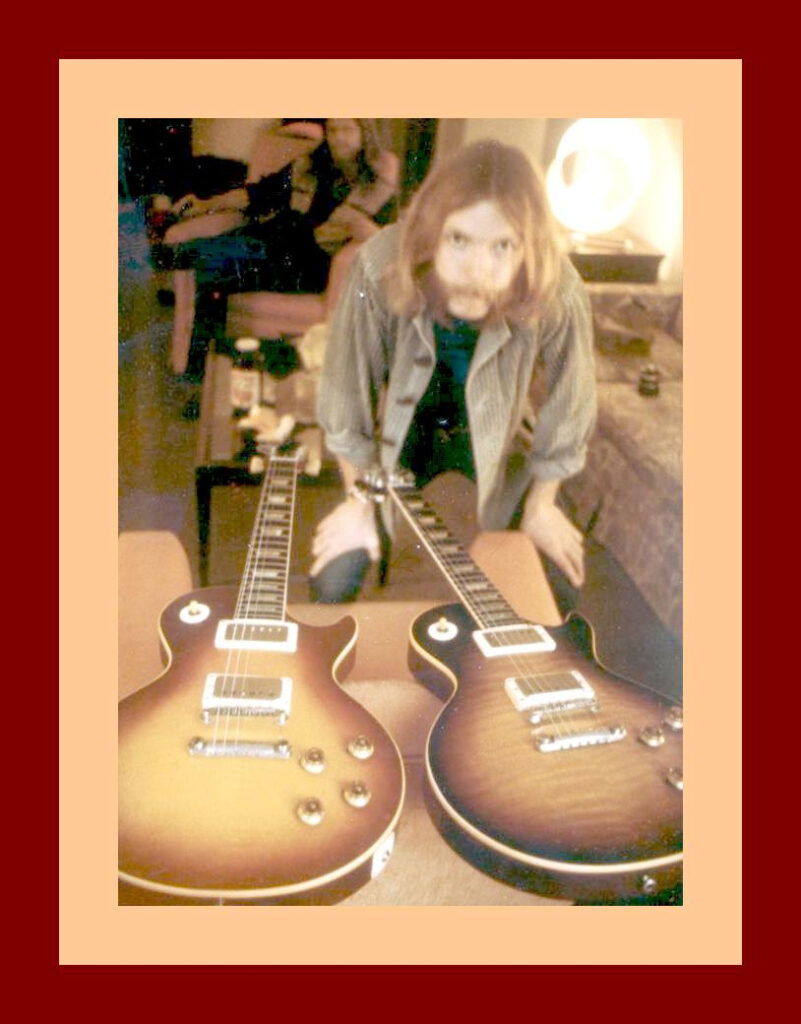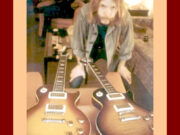Although he recorded for just five years prior to his untimely death in 1971, Duane Allman influenced a generation of guitarists with his unique style of lead and bottleneck slide guitar. After stints in several bands and as a session musician, Allman became the leader of the Allman Brothers Band, a rock group based in Macon.

Howard Duane Allman was born on November 20, 1946, in Nashville, Tennessee, and his family moved to Florida when he was eleven. Allman took up guitar as a child, and he played and sang with his younger brother, Gregg, a keyboardist and vocalist, in several bands, including the Allman Joys and Hour Glass.
Rick Hall, the owner of Fame Studios in Muscle Shoals, Alabama, heard Allman’s work with the Allman Joys and Hour Glass and hired him to work on the rhythm and blues artist Wilson Pickett’s album Hey Jude (1969). Allman became a part-time session musician under contract with Atlantic Records and went on to record at Fame Studios for a variety of artists, including Clarence Carter, Arthur Conley, King Curtis, Delaney and Bonnie, Aretha Franklin, John Hammond, Ronnie Hawkins, Johnny Jenkins, Lulu, Herbie Mann, Otis Rush, Boz Scaggs, and others.
Allman first formed the Allman Brothers Band in 1969 in Jacksonville, Florida. The band’s manager, Phil Walden, convinced the band members to relocate to his home base in Macon, where he was trying to launch a new record label, Capricorn Records. The band released its first album later that same year. In the meantime, Allman continued his studio session work on the side, most notably with Derek and the Dominos on their seminal album Layla and Other Assorted Love Songs (1970). Eric Clapton, the legendary leader and lead guitarist of the group, wanted Allman to join the band permanently, but Allman declined.
The Allman Brothers Band next recorded Idlewild South (1970) and At Fillmore East (1971), which was hailed by many critics as the best live rock album ever made. After a serious motorcycle accident and three futile hours of surgery, Allman died in Macon on October 29, 1971. The band, which was in the midst of recording Eat a Peach (1972), played at his funeral. Afterwards they completed the album and soon resumed touring.
A number of Allman’s recordings with his bands and for Fame Studio sessions were released posthumously and include Duane Allman: An Anthology (1972); Dialogs (1972); Hour Glass (1973); Duane Allman: An Anthology, Volume II (1974); and Best of Duane Allman (1979).
Allman was inducted into the Georgia Music Hall of Fame in 1982.






